Table of Contents
In March 2025, the United States deported Kilmar Abrego Garcia, a 29-year-old Salvadoran who had lived and worked in the U.S. for nearly half his life. What followed turned his life upside down and exposed a harsh alliance between former President Donald Trump and El Salvador’s President Nayib Bukele, united in a ruthless campaign to silence legal challenges to their profitable prison policies.
Kilmar, married to U.S. citizen Jennifer Vasquez Sura, was detained while driving with their five-year-old autistic son in Maryland. The trauma of witnessing his father’s arrest has deeply affected the boy, who responded with distress and sadness, as Jennifer detailed in court papers. The family’s pain highlights a cruel reality: deportation policies that tear families apart and leave lasting scars on children.
But Kilmar’s case is more than just a personal tragedy. It’s a chilling example of how Trump’s administration and Bukele’s government work hand in hand to block legal avenues for people caught in their immigration and prison systems.
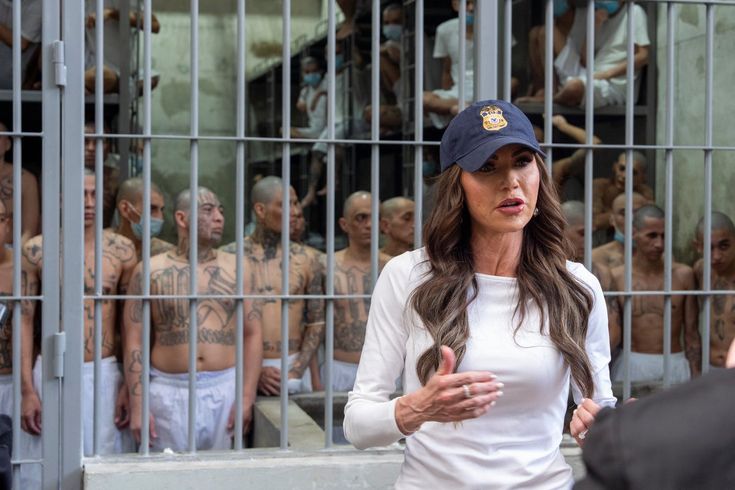
Deportation Despite Legal Protections
Abrego Garcia’s deportation violated a 2019 U.S. immigration judge’s ruling that protected him from being sent back to El Salvador due to threats against his life. He fled El Salvador as a teenager after gang members threatened his family, yet he was forcibly returned and thrown into El Salvador’s notorious Terrorism Confinement Center (CECOT). This mega-prison, built under Bukele’s “state of emergency” crackdown on gangs, holds over 85,000 prisoners—more than 1% of the country’s population—often without basic human or legal rights.
Although the U.S. government later admitted the deportation was an “administrative error,” neither Washington nor Bukele has taken meaningful steps to correct it. Why? Because allowing Kilmar to successfully challenge his case could open the floodgates for many others seeking justice.
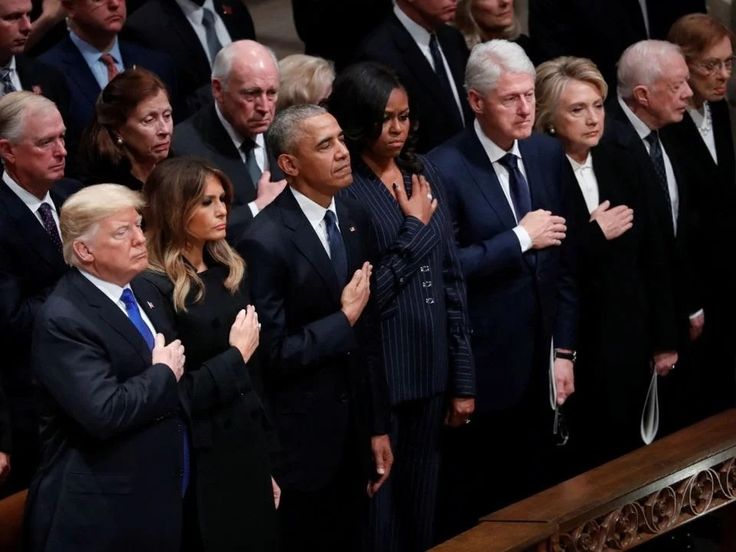
A Campaign of Fear and Misinformation
The Trump administration has tried to smear Kilmar by falsely linking him to the violent MS-13 gang. Internal discussions revealed efforts to label him a gang leader despite no evidence. The administration clung to flimsy “proofs” like Kilmar wearing a Chicago Bulls hat and the appearance of certain tattoos. Such racial profiling, while absurd, has real consequences—fueling deportations and imprisonment.
Even after the U.S. Supreme Court ordered the government to facilitate Kilmar’s return, Trump’s team resisted. They refused to disclose how they were working to free him, citing “state secrets” and national security. Meanwhile, Bukele mocked Kilmar publicly, refusing to intervene, dismissing him as a “terrorist,” and outright refusing to assist.
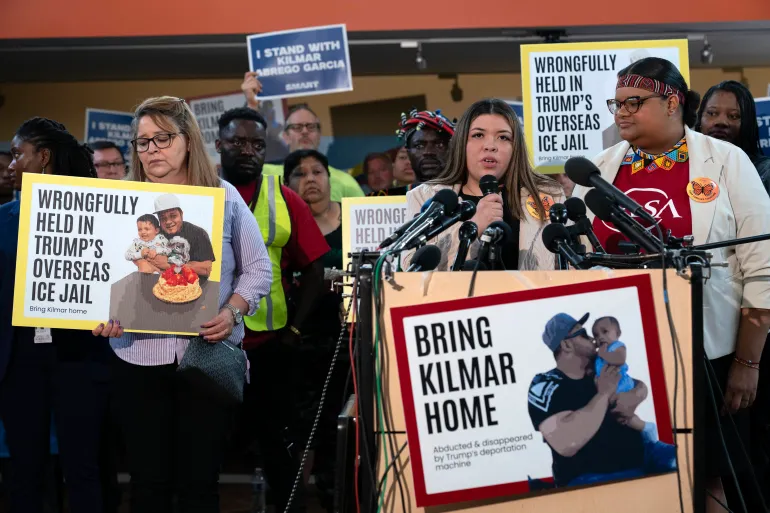
The Bigger Picture: Prison Profits and Political Power
Kilmar’s ordeal exposes a cruel political partnership. Bukele’s “state of emergency” has expanded El Salvador’s prison system dramatically, fueled by incoming U.S. funds and deportees. Trump has openly supported Bukele’s prison expansion, even proposing to send U.S. citizens to El Salvador’s prisons, a move that undermines all norms of legality.
This mass incarceration campaign conveniently suppresses dissent, fuels political power consolidation, and profits from prison labor and U.S. aid. Meanwhile, the trauma inflicted on deportees like Kilmar and their families goes largely ignored.
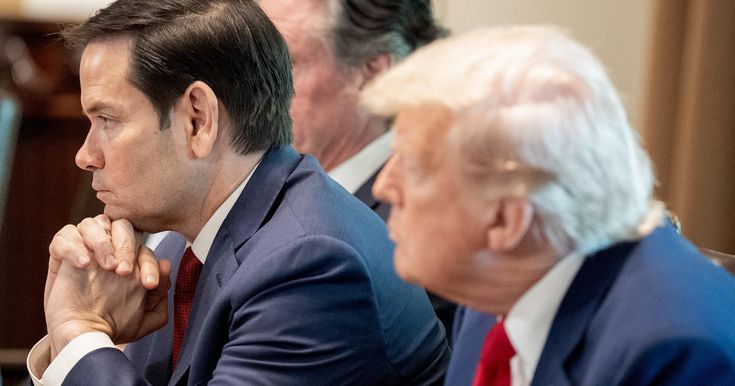
The Human Cost of Political Games
Behind the political rhetoric and power plays are real people like Kilmar, whose rights and dignity are stripped away. His wrongful deportation and imprisonment serve as a warning: the rule of law means little when political interests call the shots.
As the U.S. and El Salvador continue their harsh immigration and incarceration policies, it’s clear no one is safe, not even those with legal protections or U.S. citizenship ties. Kilmar’s story is a call to action for human rights defenders, legal advocates, and concerned citizens to fight back against this destructive alliance.
For ongoing coverage of immigration rights, human dignity, and global justice, stay with us at WorldAffair.org.
Author Profile
- Syed Tahir Abbas is a Master's student at Southwest University, Chongqing, specializing in international relations and sustainable development. His research focuses on U.S.-China diplomacy, global geopolitics, and the role of education in shaping international policies. Syed has contributed to academic discussions on political dynamics, economic growth, and sustainable energy, aiming to offer fresh insights into global affairs.
Latest entries
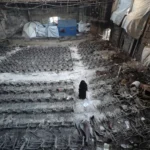 Middle East AffairsJuly 14, 2025An Open Letter from Gaza’s University Presidents: Resisting Scholasticide Through Education
Middle East AffairsJuly 14, 2025An Open Letter from Gaza’s University Presidents: Resisting Scholasticide Through Education U.S. PolicyJuly 9, 2025Impacts of the One Big Beautiful Bill Act on the U.S. Mining Sector
U.S. PolicyJuly 9, 2025Impacts of the One Big Beautiful Bill Act on the U.S. Mining Sector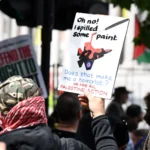 Human RightsJuly 2, 2025Palestine Action Is a Moral Compass. That’s Why the UK
Human RightsJuly 2, 2025Palestine Action Is a Moral Compass. That’s Why the UK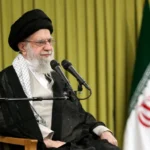 International PoliticsJune 26, 2025Iran Confirms Serious Damage to Nuclear Sites from U.S. Strikes, Rules Out Meeting with Washington
International PoliticsJune 26, 2025Iran Confirms Serious Damage to Nuclear Sites from U.S. Strikes, Rules Out Meeting with Washington

